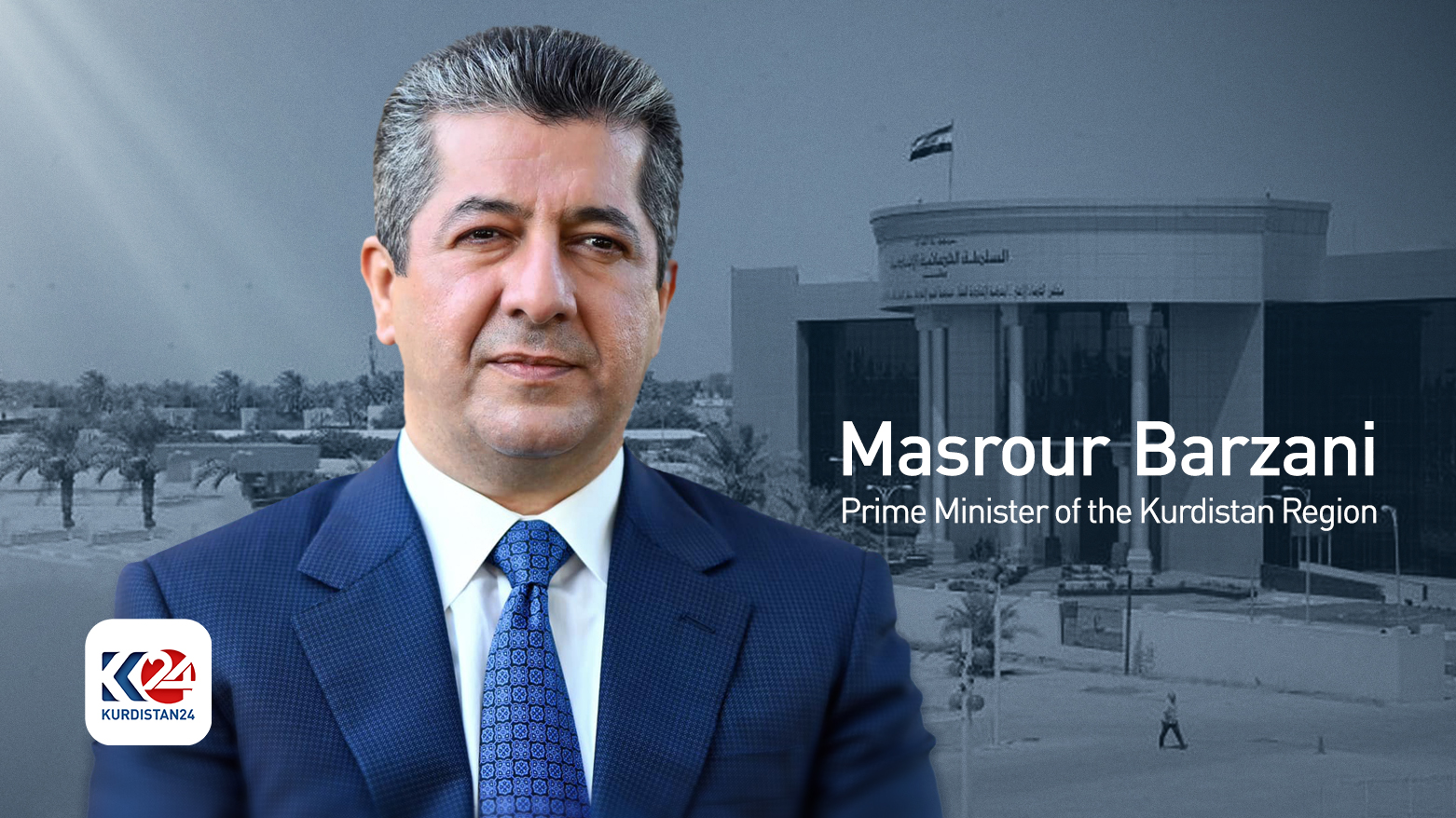Federal Court halts KRG seat allocation amid PM Barzani's challenge
The court's decision, announced on Tuesday, has halted the implementation of seat allocation pending the resolution of a complaint filed by KRG Prime Minister Masrour Barzani.

ERBIL (Kurdistan 24) – In a significant legal development, the Iraqi Federal Supreme Court has intervened to address a complaint lodged by Kurdistan Region’s Prime Minister Masrour Barzani regarding the distribution of seats in the Kurdistan Regional Government (KRG) parliament.
The court's decision, announced on Tuesday, has halted the implementation of seat allocation pending the resolution of a complaint filed by KRG Prime Minister Masrour Barzani.
According to Ayad Kakeyi, legal counsel for Prime Minister Barzani, the Federal Supreme Court will convene to address the prime minister's complaint, which challenges the procedures for distributing parliamentary seats among provinces and seeks to nullify the abolition of 11 seats reserved for ethnic and religious communities in the KRG parliament.
At the heart of the complaint lies Prime Minister Barzani's assertion of the "unconstitutionality" of the seat distribution mechanism, particularly concerning the allocation of seats among provinces and the elimination of community representation.
The controversy stems from a previous ruling by the Iraqi Federal Supreme Court on February 22, 2024, which invalidated the allocation of 11 parliamentary seats earmarked for ethnic and religious communities, including Christians, Turkmen, and Armenians.
This decision prompted Prime Minister Barzani to challenge the court's ruling, seeking legal redress to uphold the communities’ representation in the KRG parliament.
In response to the prime minister's complaint, the Iraqi Federal Supreme Court issued an urgent order on May 7, 2024, suspending the implementation of Article 2, Paragraph 2 of the seat distribution system.
This provision delineated the allocation of parliamentary seats among constituencies, specifying quotas for provinces such as Erbil, Sulaimani, Duhok, and Halabja.
The court's decision to suspend the implementation of seat distribution underscores the significance of Prime Minister Barzani's legal challenge and highlights the complex interplay between federal and regional governance structures in Iraq.
As legal proceedings unfold, stakeholders await further developments in this ongoing legal dispute, which holds profound implications for parliamentary representation and minority rights in the Kurdistan Region.
